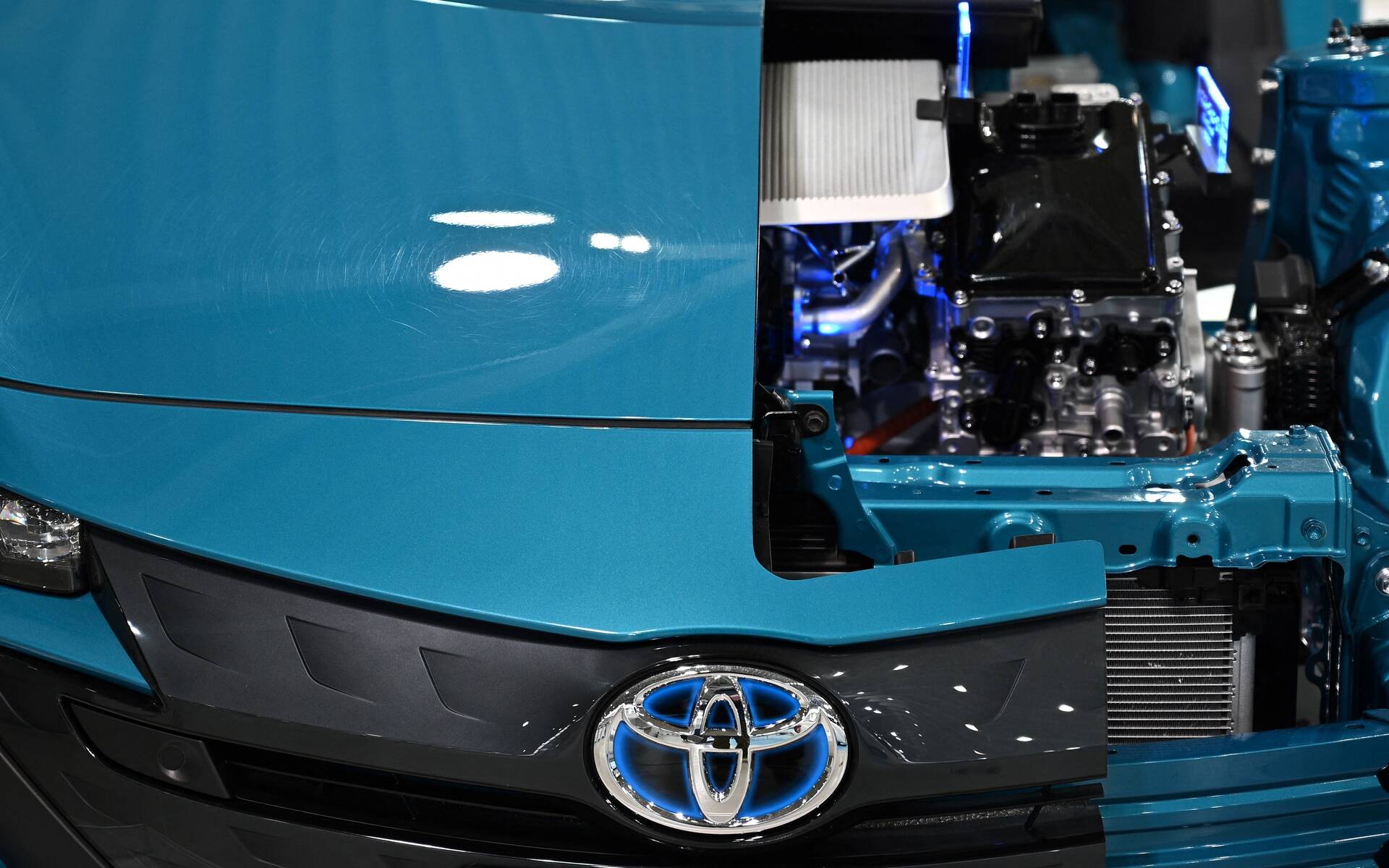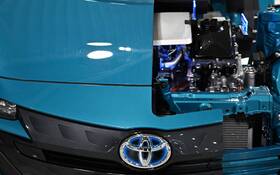Hybrid or Plug-In Hybrid: How to Make the Right Choice?
Hybrid vehicles have been around for over 20 years and their technology keeps evolving and getting better. More recently, plug-in hybrids (aka PHEV) are also gaining ground and represent another step towards 100% electric vehicles.
However, not everyone understands how they work. What are the differences between the two types? Which one would be best for you?
Hybrid
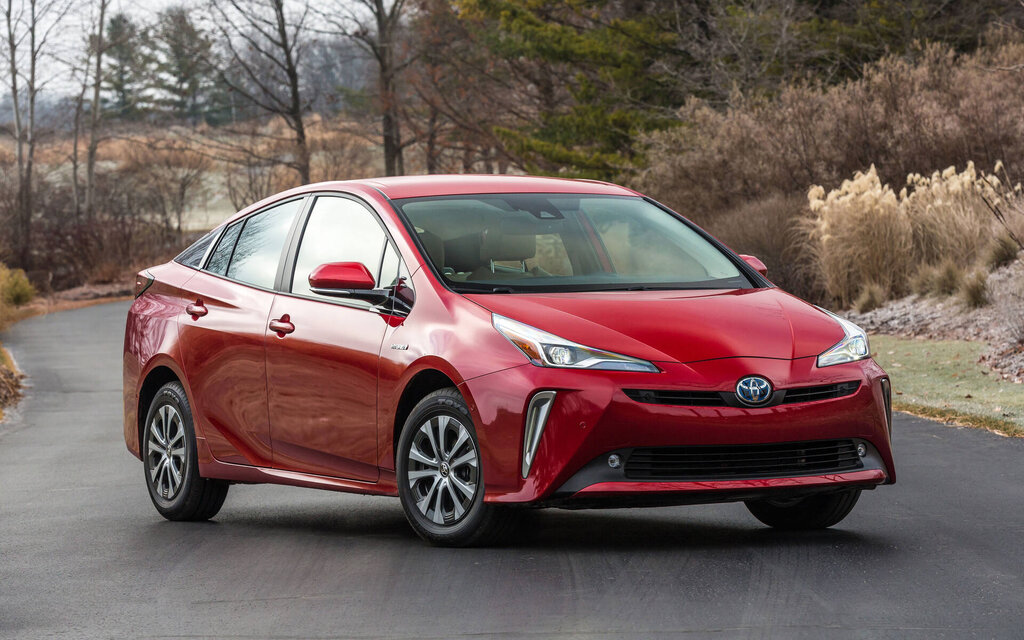
First, a conventional hybrid car such as Toyota Prius has a gasoline engine and at least one electric motor powered by a small battery (lithium-ion or NIMH). These two energy sources almost always operate in parallel and can save up to 30% of fuel compared to a regular car. The battery charges automatically while driving, thanks to the combustion engine that acts as a generator. It's as simple as that.
In general, the price of an hybrid car is relatively close to that of an equivalent gasoline model.
Plug-In Hybrid
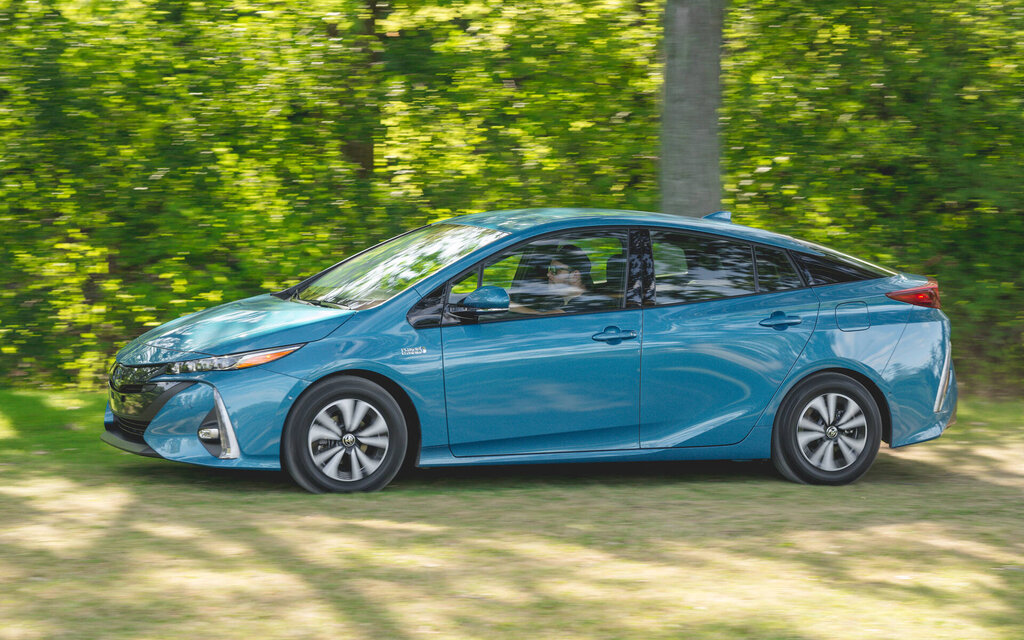
A plug-in hybrid car like the Toyota Prius Prime is essentially the same, except the battery has a larger capacity to allow for all-electric travel - on average 20 to 80 kilometres. As soon as the battery is depleted, the gasoline engine starts and the car operates as a regular hybrid.
This makes it the perfect solution for drivers who make short daily commutes around the city and travel longer distances from time to time. However, the battery does not charge itself and must be plugged in. How often? As often as possible to maximize the time spent driving in electric mode and thus optimize fuel economy, as the price difference for a plug-in hybrid car is more important.
.
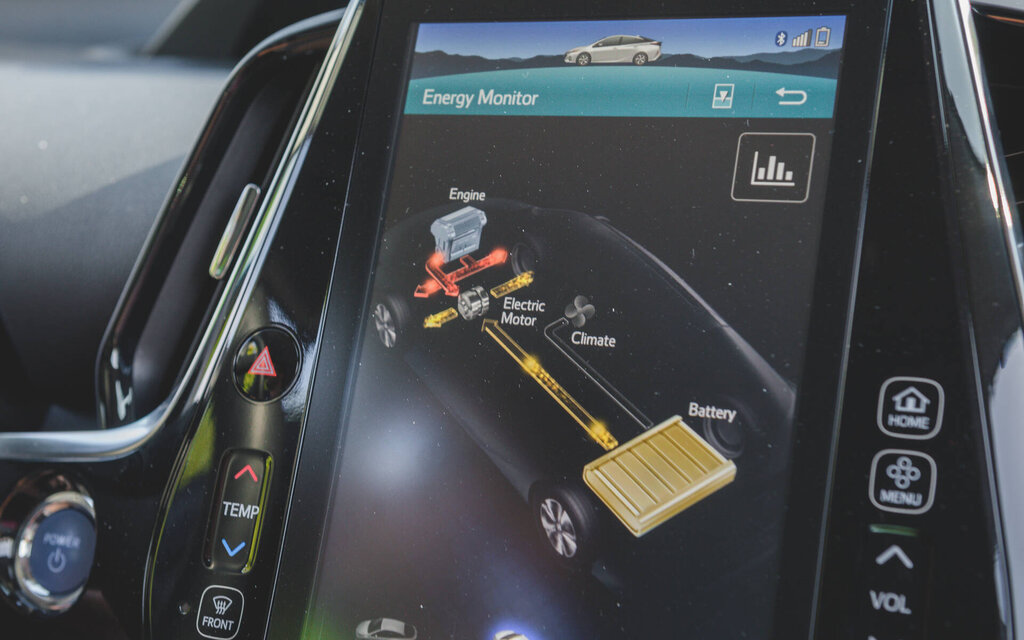
Other Factors to Consider
Because they allow for electric travel, new plug-in hybrids are eligible for government subsidies and often discounts on car insurance. If you buy a used car however, Quebec gives no incentives. As a small consolation, you may be eligible for $600 in financial support for the purchase of a 240-volt home charging station.
Another advantage of plug-in hybrids and 100% electric vehicles is that they are allowed to use dedicated lanes on certain roads in the province and have free access to toll bridges and ferry services. That is no small feat!
Finally, all hybrid cars - plug-in or not - have batteries that last for hundreds of thousands of kilometres. These are often covered by warranties up to 8 years/160,000 km.


